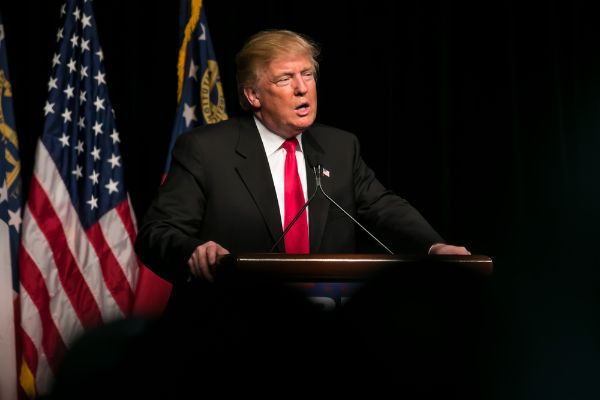Mayor Brandon Johnson (D) of Chicago, Illinois, plans to use $25 million in tax dollars to cover the rent for the city’s tens of thousands of undocumented residents.
Over 10,000 border crossers as well as illegal aliens have entered Chicago, which is considered a sanctuary city, ever since August of last year; many of them arrived in buses dispatched from Texas.
Johnson is currently attempting to get $25 million in government funds to cover the rent for six months for over 6,500 illegal immigrants. That change would occur as local Chicagoans’ rent has risen dramatically in recent years.
According to Zillow, average rents in Chicago are presently close to $2,000 a month, up $120 from this time last year when they were around $1,700.
Johnson will also be housing more than 300 illegal immigrants and border crossers, most of them are single males, in a sports complex in Chicago’s Gage Park area.
Numerous studies over the years have demonstrated that the nation’s annual admittance of over a million legal immigrants—along with millions of illegal aliens—drives up housing and rental costs for working- and middle-class Americans.
The admission was made in a column last month in the left-leaning New York Magazine that noted that widespread immigration is “bad for housing prices.”
Tens of millions of legal and illegal immigrants have been brought into the country over decades, driving up the price of housing by $3.7 trillion for the upcoming generation of homebuyers, according to a 2013 study conducted by the Michael Bloomberg-funded New American Economic Affairs which supports mass immigration, but spins the number as the development of “housing wealth.”
The report acknowledged that “the 40 million immigrants living in this country represent a significant buying class, reflected by their need for a place to live as well as for additional locally made goods and services,” which boosts the value of homes in areas all over the nation.”










